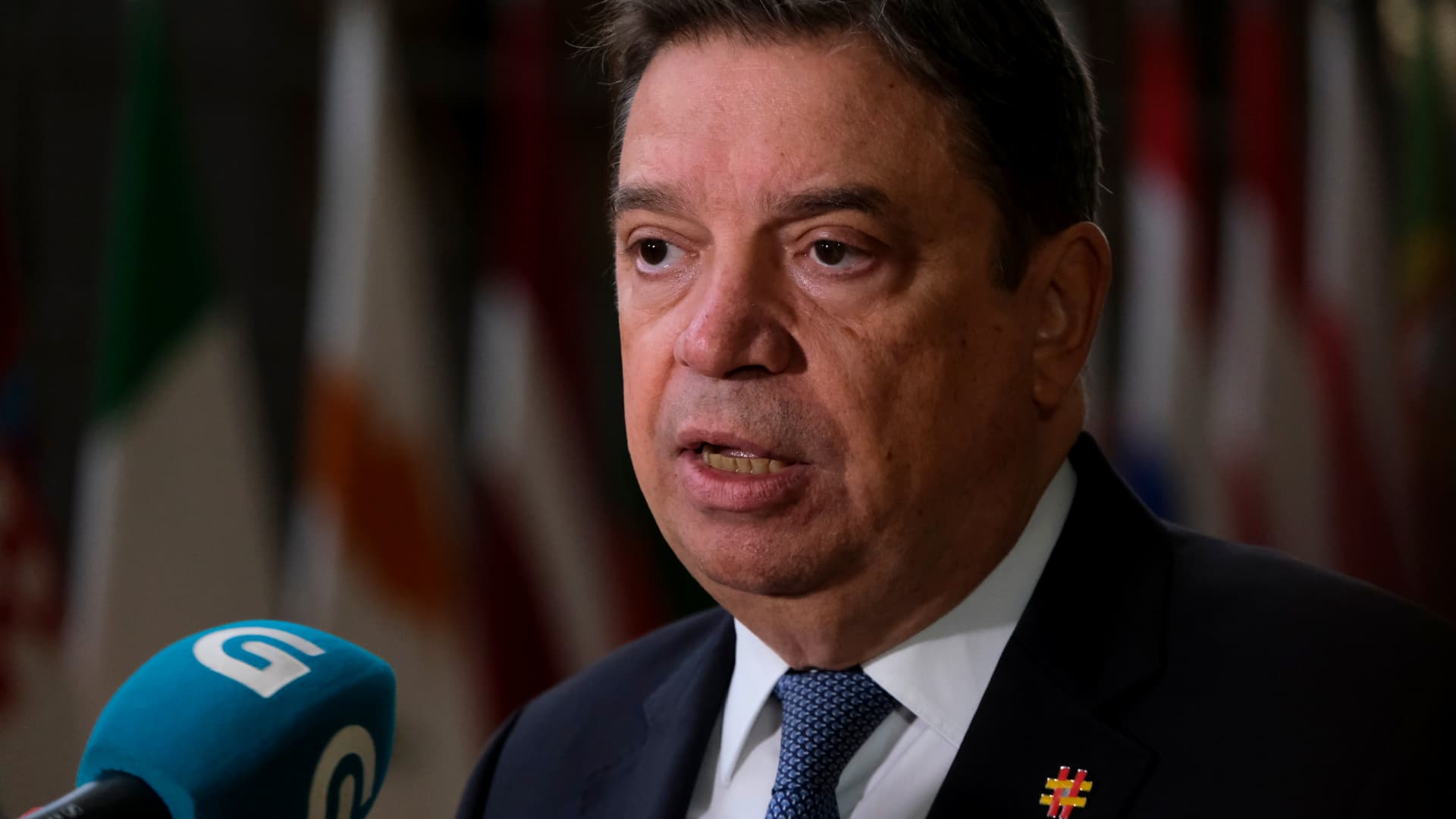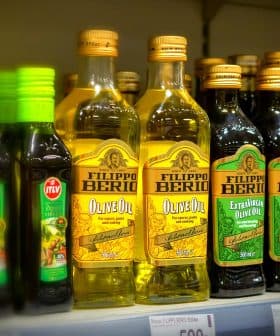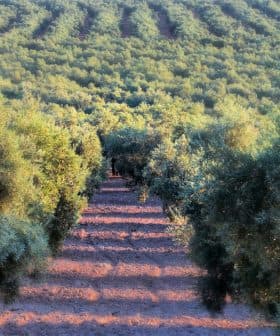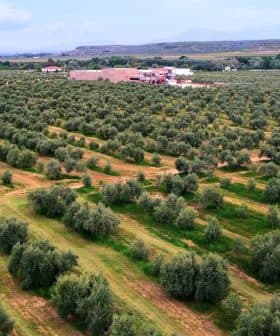 9.6K reads
9.6K readsNews Briefs
Spain's Minister of Agriculture Calls on Olive Oil Sector to Keep Prices Affordable

Spain’s minister of agriculture has called for unity among stakeholders in the olive oil production chain due to a 45% increase in prices, warning that high prices could reduce consumer appeal. The rise in prices is attributed to a low harvest, inflation, and global market uncertainty, but the minister remains optimistic about the future of the sector and emphasizes the need for cooperation to avoid price spikes and promote the product.
Spain’s minister of agriculture, fisheries and food has asked all the stakeholders of the nation’s olive oil production chain to stay united and cooperate in times of significant olive oil price instability.
Luis Planas said olive oil prices had increased 45 percent in the last year, which he warned could translate into a reduced appeal of the product among families.
He added that a “gourmet” product available only to certain consumers would do no good for the olive oil sector. In the current environment, he said, the industry should act to “avoid price spikes.”
See Also:In Spain, Olive Oil Sales Rise with Margins Along Production ChainAmong the drivers of the ongoing olive oil price rise is the exceptionally low harvest expected across all of Spain, the world’s largest olive oil-producing country.
Additionally, inflation and continued uncertainty in the global oilseed markets have resulted in an unprecedented market situation for olive oil.
“We are living in a moment that is completely unprecedented. Olive oil has never had such a high price,” Juan Vilar, a strategic consultant, told Olive Oil Times in an October 2022 interview.
The latest official estimates from both the national and Andalusian governments calculate that olive oil production will reach somewhere between 700,000 and 800,000 tons. Meanwhile, national olive oil stocks slightly exceed 400,000 tons.
Given these volumes, Planas reassured Spanish consumers, confirming that there would be enough olive oil for internal consumption and exports.
International Olive Council figures show that olive oil consumption in Spain reached approximately 510,000 tons in the 2021/22 crop year.
At a meeting for the presentation of a science-based book on olive oil and health promoted by the Foundation Patrimonio Comunal Olivarero and by the Spanish Interprofessional Olive Oil Organization, Planas also noted that he looks “with optimism at the future of the sector, both for the product and for who is behind it.”
“I think it is crucial that all parts of the olive oil sector… are united to ensure they get the most out of this product,” he added.
Several olive oil industry leaders have repeatedly expressed similar worries in recent days.
Adoración Blanque, the president of the Almería chapter of the Association of Young Farmers and Ranchers (Asaja Almería), said the motivation for the price increase “is partly due to the excessive reduction of the harvest in the rest of Andalusia.”
“However, we must emphasize that if the price at origin is very high, it is high for the consumer as well, so consumption could be affected,” she added.
Producers in Spain and other relevant markets, such as Italy, also lament the higher production costs, including for electricity, fuel, fertilizer, pesticide, packaging, labels, logistics and marketing.
However, Planas remained optimistic in his speech and emphasized the need to educate consumers about olive oil.
He concluded that there was still remarkable potential to grow the sector, as olive oil accounts for just 3 percent of edible fats consumed globally.









